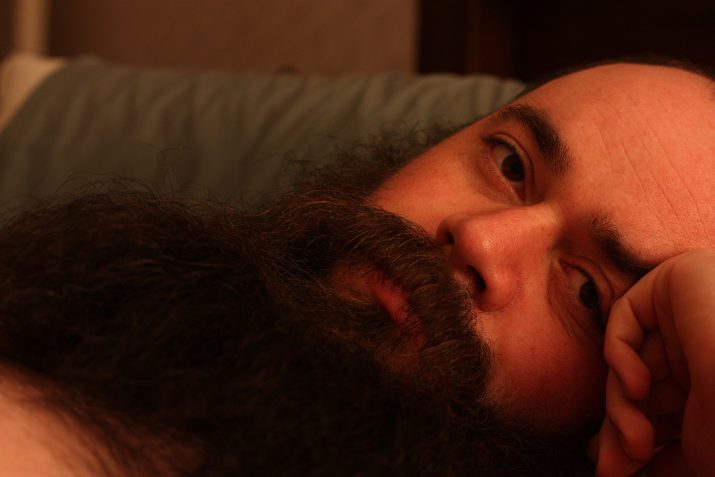Let’s say you want to travel from the East coast to the West. You have your car, but realize that the tires’ pressure is unbalanced, the car is in need of an oil change, very little wiper fluid, and the brakes seem a little strange. Nothing deadly, but you know you can make it across the country — it might take a little longer, and the chances of a breakdown is now tangible.
Or, you can take the time to fix up your car, balance the tires, do the whole runaround, and allow yourself a smoother ride.
The idea of exercising your self-awareness is very much the same: you are the vehicle, and by fine-tuning your flaws (bad habits, procrastination, always angry or jealous) you are simplifying and enhancing yourself to meet your goals in a more straightforward, focused manner.
What is self-awareness?
Self-awareness is the ability to be constantly aware of your thoughts, emotions, and actions. It’s staying true to yourself and your current situation, while understanding your environment and the people in it. It’s about control — over yourself, your motives, principles, thoughts, etc.
How can you tell if most people lack self-awareness? Go drive on the highway, or check out Twitter or Facebook, and you can easily spot people who are unaware of their actions, thoughts, and emotions; it seems like they have no control over themselves, consistently repeating self-defeating acts, acting upon impulses, and always whining and complaining.
The benefits of exercising your self-awareness
Of course there are benefits; there are life-changing benefits.
If you can agree with me on these statements: that always being frustrated, angry, jealous, and stressed out is just a waste of time; that procrastination is a waste of time; not focusing on what is important in our life, our goals, and the people that matter, is a waste of a time. I can name so much more, but you get the idea.
Self-awareness, from what I have learned so far and put into much practice, can eliminate — or at least reduce — most of these hinderances. Ask yourself: Why should I continue self-defeating acts? Why continue to shoot yourself in the foot?
Exercising your self-awareness can help you:
- …get to the heart of problems and issues without rerouting your efforts — while fixing them without harming yourself or others.
- …focus on what’s most important in your life, the necessary steps to achieving it, and actually initiating instead of procrastinating.
- …be less influenced by negative emotions that influence you to act subconsciously.
- …diminish needless actions, thoughts, events, and people that don’t provide any real value to yourself.
- …be a better person, a good person — a more mindful person.
- …understand yourself better — your train of thought, actions, attitude, strengths and weaknesses.
- …develop, learn, and grow at a fluid rate instead of always being distracted and losing focus.
- …inspire others to partake in your personal development, your quest on being a better person (because the world needs more of those).
- …alleviate stress, unmindful acts or thoughts, and to put forth the effort of developing productive, beneficial habits towards your life.
- …live a more fruitful, positive, balanced life because every irrelevant factor has been reduced or eliminated.
- Self-awareness is a life tool, and with much practice, you can strengthen your mind and develop the habit of always being aware — in a sense, unwavering and indomitable. It will shock you when you see the benefits and change within you when exercising self-awareness.
How does one exercise their self-awareness?
Simple: by being aware. Paying close attention to what you do as well as how you do it. Self-analyzing yourself — being introspective — and admitting to your bad habits and doing your absolute best to fix them and replace them with more mindful habits.
It’s a daily process, something you must always choose to do. When anger or frustration or resentment strikes you, that is the perfect time to be aware of yourself, your next move, your emotions, thoughts, and so forth. Choose to do a harmful act, and as Marcus Aurelius states in Meditations: you’re doing more harm to yourself than to others.
But now I want to hear your thoughts on this. Is this something you will start putting into practice? Have you put it into practice already, and have you seen changes within yourself? Talk to you soon.
| Written on 5/28/2012 by Paul Jun. Paul is a writer and recent self-published author. He writes about self-awareness, mindfulness, and simplifying your life over at his blog, Motivated Mastery. Be sure to follow him on Twitter (@PaulJun_). | Photo Credit: mack_nz |
